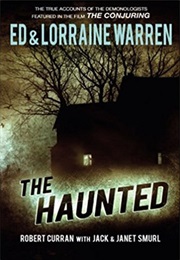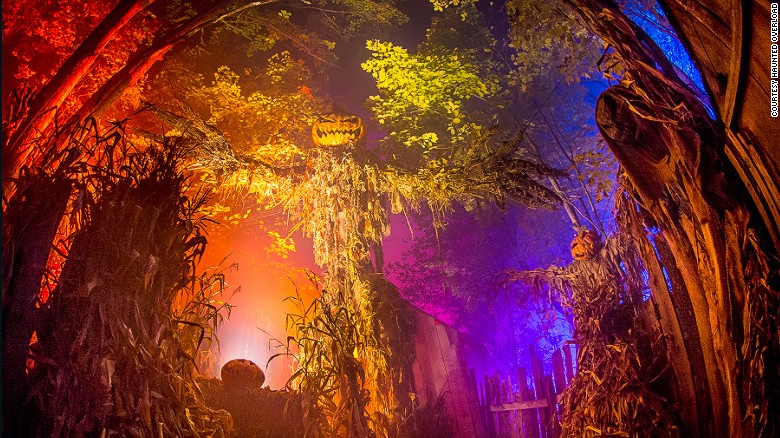

"A group is driving down a road at night and all of a sudden they see this figure in white and screech to a halt. and includes rituals like setting a place for the dead and inviting them in to eat with you again." Professor Thompson explains that Japan is largely built around the motif of ghosts, particularly the "ancestral ghost who are warmly welcomed and sought out during the annual Oban festival, which is as important as Christmas in the U.S. population does indeed believe in ghosts, it's somewhat taboo, partially because we emphasize only trusting things that can be proven scientifically.īut if you go somewhere else in the world, you might notice different patterns. It tells us a lot about what we fear and how we deal with bereavement and death. In the U.S., there tend to be two main types of ghosts, the friendly familial ghost (like a grandparent or a life partner) and the malevolent, haunting spirit, which tends to be the more common representation in entertainment. Of course, there's cultural background, too, which includes everything from nationality to religion and really shapes the way we make sense of the world, including whether or not we believe in ghosts, and how that belief manifests itself.

There's an aesthetics to belief." If two different people each told the same ghost story, one of them might tell it in a way that's more compelling, and thus believable. As Professor Thompson reminds us, "some storytellers are so good at presenting a performance that you really want to believe it, no matter how ridiculous the story may be. But why? Why do we keep passing on ghost stories, and in some cases, believing them?Īnother important factor in the believability of a specific ghost story is the storyteller. Ghosts have an interesting role in that they are a really well-believed and well-discussed, but completely unofficial part of our culture," says Tok Thompson, Ph.D., renowned folklorist, author, and professor of anthropology at the University of Southern California. And yet people believe in ghosts-this is folklore at its finest. "Science doesn't tell you to believe in ghosts and most organized religions really don't tell you to believe in ghosts. alone, a recent poll revealed that almost half of the population identifies with believing in ghosts to some degree. So perhaps the better question is why do people believe in ghosts? In the U.S.

That's the very reason we are so fascinated with ghost stories. mysterious, liminal, impossible to neatly define or categorize. But even though we'll probably never know for certain, it doesn't stop us from trying to find answers (over 25,000 people ask Google that very question each month)-and it's precisely that ambivalent space in which ghosts thrive: simultaneously circumambient yet not even here at all.

Are ghosts real? Well, it depends on who you ask, of course.


 0 kommentar(er)
0 kommentar(er)
